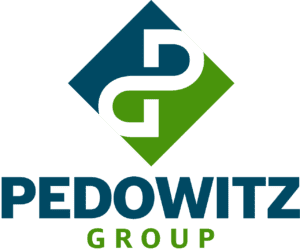With so many companies looking for the best marketing automation software that fits their needs, it’s imperative to know two things: what software best fits what you’re looking for, and how to make sure to take advantage of everything it offers.
But without the right infrastructure, your tech will never be used to its fullest potential.
Here, we’re focusing on what it is, why you need it, what you need for it to be a worthwhile investment, and how to pick the right marketing automation platform (MAP) for you.
This guide is for marketing leaders, but anyone involved in researching and comparing tools or considering how to best succeed in a particular platform should benefit!
Click to jump to a section:
The Basics:
- What is marketing automation primarily used for?
- Why is it so important?
- Isn’t an email system like Mailchimp enough?
The hard questions for executives and directors:
- Is your company truly ready for this?
- Must-Knows For Executives
- How Long Will This Take To Implement?
The product-specific questions:
What is marketing automation primarily used for?
This is almost a trick question because it’s really two: What should it be used for vs. what is it most commonly used for?
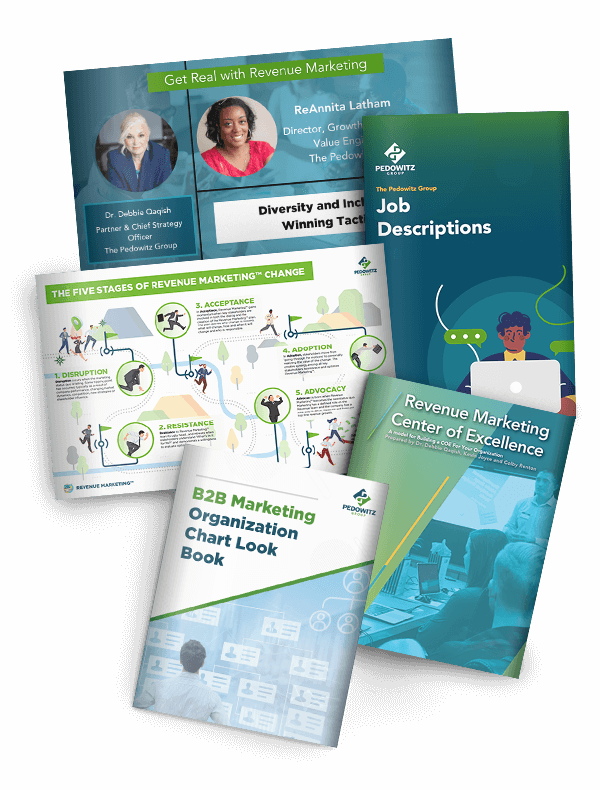
Your one-sentence answer: Marketing automation, when used correctly with good supporting processes, makes a customer more likely to buy from you as you build trust with them.
The more marketing tasks you automate, the more your marketing team increases effectiveness and efficiencies across the customer journey, allowing you to generate more qualified leads and increase revenue. Most marketers begin their use of marketing automation with email nurturing campaigns to deliver personal content potential customers they are most likely to engage with, but that is just the beginning.
Marketing automation does a lot more.
In addition to automating customized, personal email nurtures, you can automate social media, SMS texting, personalize web content, trigger automation based on customer behavior and provide sales with critical data to use for closing deals faster. (Think of a page that says “Hey [first name]” – wouldn’t that get your attention more than a generic headline?)
Related: Email marketing best practices
Why is marketing automation so important?
- Businesses that nurture leads (which marketing automation allows) see 50% more sales at a cost 33% less than non-nurtured prospects (Strategic IC)
- 79% of top-performing companies have been using marketing automation for years (Venture Harbour)
- Marketing Automation is one of the four most popular methods for creating a personal customer experience, along with customer journey mapping, A/B testing, and data-driven mapping (House of Marketing)
To be honest, if you’re reading this you may be focused on a technology that’s newer, such as integrating machine learning throughout your CRM or seeing if augmented reality could transform your customer experience.
While these technologies are powerful, marketing automation is foundational to your ability to use these tools to the fullest.
If you don’t have marketing automation, any new tech isn’t going to be nearly as effective.
Ask yourself these questions:
- Do you want marketing to give sales higher-quality leads who are more familiar with your products and services?
- Would it be helpful automating who is a “high-quality” lead vs. someone who probably isn’t ready for a sales pitch?
- Should you either be ahead of your competitors (who aren’t doing it) or beating them at their own game (for those are are)?
- Can you afford to avoid a more personal customer experience, which is what your customers are expecting anyway?
Isn’t an email system like MailChimp or Constant Contact enough?
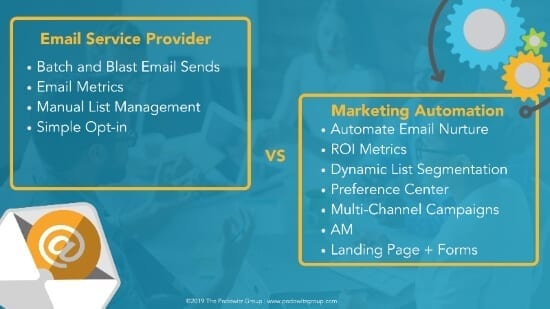
Not if you want to reduce cost of acquisition of new customers, have sales focused on the highest-quality leads, streamline marketing’s contribution to revenue (and make it easier to track), and create happier, more loyal customers.
Email service providers are limited in scope and don’t provide the insight leading companies need to best interact with their customers. That’s because it’s not what they’re designed for – they’re designed to send emails!
A marketing automation platform that’s setup properly allows you to bring your preferred answers to those questions in the section above to reality. That’s because it’s designed to create greater insight into potential leads, help you engage them, and keep cleaner data flowing into your CRM. Naturally, this makes it far superior to a system designed for just email with other features built on top of the existing platform.
While the business case for marketing automation is strong, as a marketing leader, you also need to ask:
Is your company truly ready for marketing automation?
Over the years, we have noticed that many companies jump right into a technology investment, without addressing the strategy, people and processes to support it. Any CMO, VP, or Director should consider the following before looking to invest in a platform:
- Is your lead management process strong, with high-quality data in your CRM that both marketing and sales vouch for?
- Can you sustain and scale your marketing automation program(s) this time next year?
- Does Sales already consistently act upon leads they are given by marketing? If not, why? And how can you make sure they do?
- Is your marketing team structure optimal?
If you answered no to any of the above, don’t worry, you’re not alone! Many teams struggle with one (or all) of these, but marketing automation technology is not the solution. In fact, new technology will make these issues much more visible across the organization.
If you’re wondering how to attack some of these issues, our lead management process blog is for you.
Marketing Automation Management Must-Knows For Executives
1. Marketing automation management is a full-time job.
Even smaller companies have at least one dedicated resource!
The reality is a lone or limited resource is often strapped for help to respond to rapid, unexpected changes in the business and the need to produce more qualified sales leads for any new products or services. These folks are trying to wear far too many hats and it’s no wonder they can’t do it all!
It may be they don’t have the skills, but it’s more likely there isn’t enough time.
Some companies are able to simply add the needed headcount, and that’s the best solution! But be careful: Everyone with an “Eloqua Masters” or “Marketo Certified Expert” on their resume isn’t going to be the right fit for you. Just because someone is certified doesn’t mean they have the right experience to manage your systems and build needed relationships to make key processes hum (including with other teams).
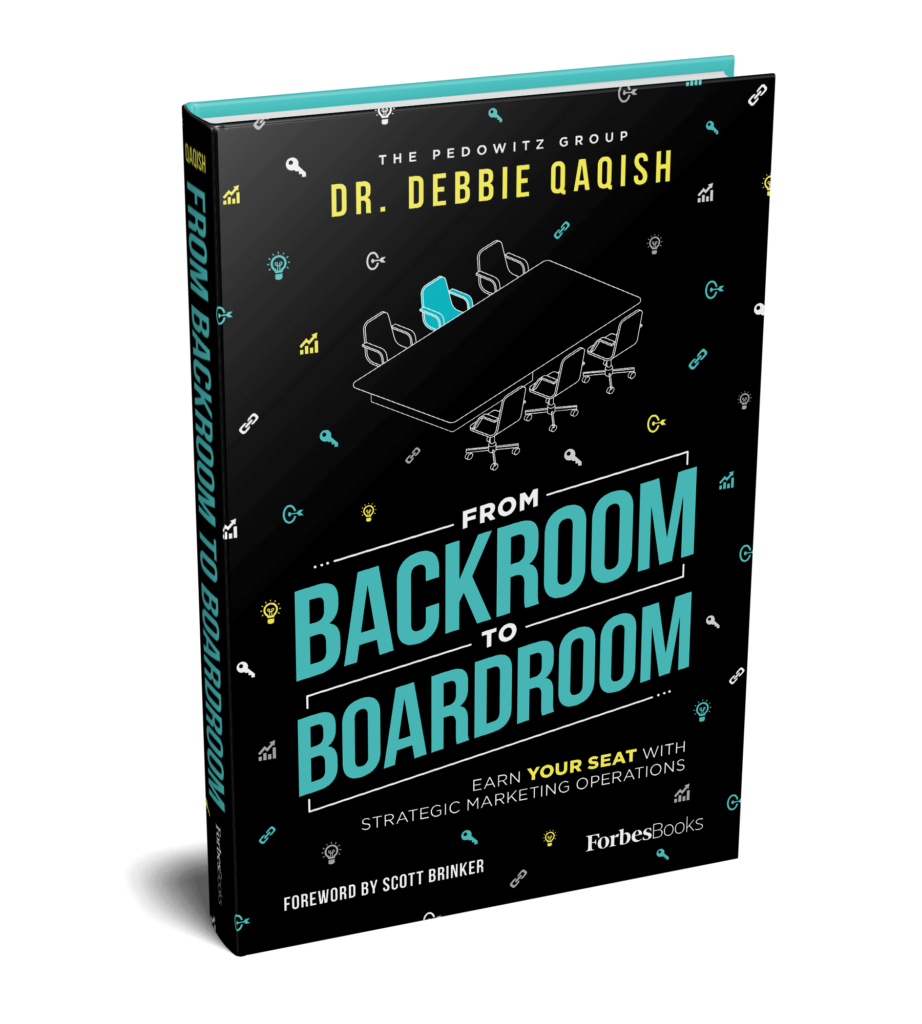
Also, be prepared to search for the right fit for at 3-6 months (or more) as these skills are in high demand, and you’ll need another 3-6 months to ramp up this resource. We’ve been hiring these skills for 10+ years, and the time has gradually gotten longer and longer to find the right talent.
If hiring outright isn’t an option, you can gain these skills in-house by training your current team. It’s a great career path for your employees! You can get your team certified in your chosen platform as well as craft a customized training plan for them (feel free to ask us how). Just as hiring can take time, training to a proficiency that gives you business results also takes time.
Most organizations gain a holistic competency in marketing automation in about 1-2 years. That’s a lot of time to make mistakes, learn from them, and grow into a seasoned demand generation machine.
If you’re looking for the most results in the fastest amount of time, hiring an agency or consultancy certainly provides the speed and execution. Marketing managed services is a great option where you outsource the tasks but keep control of the end deliverables. When you work with the right partner, not only can you see results faster with seasoned experts, but you can enable your team to optimize the use of your MAP beyond just the basic features.
Related: What the C-Suite should know about marketing operations
2. Marketing automation alone will not fix everything.
New technology simply can’t fix process or people problems, though many companies have tried (to no avail, we might add).
Your team needs to drive greater demand, and marketing automation will be a KEY factor to meeting this success, but be prepared to address the following as well:
- Sales and marketing alignment
- Lead processing and qualification
- Campaign execution at scale
- Data quality
- Team roles, skills and structure
3. It will take 3+ months to implement properly
This handy infographic has more on this, but you’ll need to vet potential programs, identify all data that needs to be migrated / setup / mapped, and build out the teams that will oversee and manage related marketing processes.
Is it worth it? Absolutely!
But knowing a realistic timeline going in helps properly set expectations and enables you to allocate the right amount of resources to getting this done right.
Related: Our Eloqua, Marketo, Pardot, Hubspot, and Salesforce Marketing Cloud options all include migration services!
Compliance, Security, and Integrations
Any IT or marketing professional will understand that a new system must integrate well with your existing platforms – and it can’t open your company to additional risks.
Here’s a few things to consider:
How well-trained is your team on consumer privacy laws?
Technology can’t prevent bad behavior from your team if they aren’t in the know. And that can lead to severe penalties if caught.
Importing lists of contacts you’ve bought, not letting people opt-in to your communications (and leaving that checkbox on a web form unchecked by default) and not clearly communicating how you’re using a person’s data can all be reasons to be fined. And that’s just the beginning!
If you do business outside the US, you need to be fully-aware of what laws you have to follow. The same goes for anyone in the US, keeping tabs on state-by-state regulations such as California’s CCPA. Your legal team can be helpful with this, but ultimately it’s your marketing team that’s managing the tech and is responsible.
How well does a given platform integrate with your current systems?
Each has its strengths – for example, Salesforce owns Pardot, Adobe owns Marketo, and Oracle owns Eloqua. But that’s doesn’t automatically mean if you use a particular CRM that a given marketing automation platform is best for you.
- Can your CRM easily import demographic information into the MAP to enrich records and allow for more accurate lead scoring?
- How simple is it to personalize an email from a given sales rep who’d be closest to a particular prospect … automatically?
- Will your MAP have visibility into CRM actions, such as closing an opportunity generated from a lead?
- How easy is deduplication or records … or, for some companies, how easy can you prevent deduplication due to internal business needs? (The latter is more common than you may think!)
- Is there straightforward enforcement of sales/marketing roles and who is responsible for updating and maintaining particular systems, rules, etc.? Can the MAP or CRM make it easier to maintain and have visibility to who is doing a good job with this?
What security requirements does your IT team require for new technology?
This can be a huge factor in selecting the right marketing automation platform (see more below). We highly recommend that you get the requirements from your IT team as early in the process as possible to ensure you are looking at the right platforms.
- Does your IT require on-premise software vs. a cloud application?
- How does the use of marketing automation impact who accesses data?
- Are there privacy limitations specific to your industry that you need to adhere to? (For example – HIPPA compliance)
- Will your IT team allow you to update the SPF, DKIM and DMARC records for email deliverability?
- How do you configure the roles and permissions for the platform users?
- At what point in the selection process does IT need to sign off on these requirements? How long will it take?
Do you want to be left behind on cookieless advertising?
“Wait … this article isn’t about inbound.” True!
But as teams adapt to less-reliable information for their inbound efforts, first-party data becomes even more important – and how you leverage names in your database, even more so.
For more, dive into our cookieless advertising blog.
What Is The Best Marketing Automation Platform?
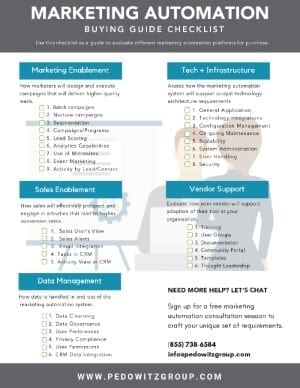
What features are most important to you? What are your team’s current abilities? Does your current tech stack play better with one vs. another?
Each platform has different strengths, and companies can struggle with one platforms but thrive with another simply because it better fit their lead management processes and team skills.
These are key questions you’ll need to consider, and our buying guide checklist can help you decide!
We’ve also developed a 110+ checklist used with our clients based on our experience in all of the leading platforms. It adapts based on what the client finds as most important and lets them determine which platform is best. (Let us know if you’d like to have a conversation about it.)
As a company that doesn’t specialize in one platform, but has a team of experts in each, we’re truly agnostic to which platform you choose (this is actually unique in the industry).
It also allows us, as a certified partner with over 600 tech certifications and a guarantee of our work, to focus exclusively on what will work best for you. (More on this here)
In short, you can leverage our checklist to begin mapping out what’s most important to your company, processes, and team. But if you want a robust evaluation, talk to an expert to guide the conversation!
So, What’s Next?
If this guide has been helpful in your strategic thinking, now’s the time to build on that momentum with some of these resources!
- Download our buying guide checklist and determine what’s most important to you. Now, you can evaluate each of the major platforms with a clear set of objectives that your entire team can agree/have input on.
- Build a modern marketing team structure to support this
- Examine the state of your sales and marketing alignment. If you don’t, it doesn’t matter how good the leads are … problems will arise (Our 7 key stages of successful lead management speaks to this)
Want a platform-agnostic expert to help with your tech choices or guidance in evaluating your options? Let us know!
